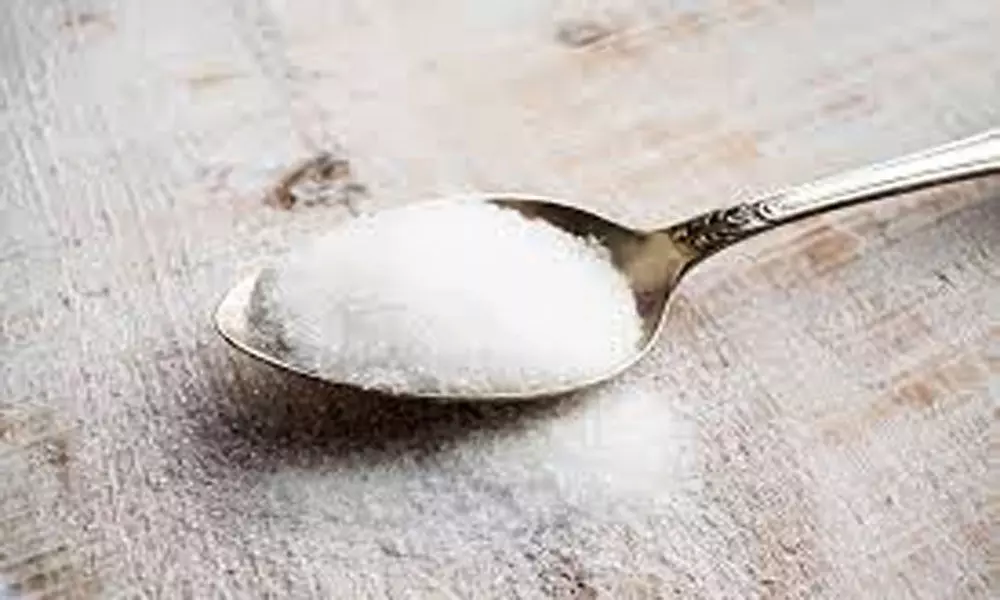How Sugar relates to Cancer

New Delhi, Its commonly heard that sugar causes cancer or makes it grow faster. In some ways, this makes sense. Every cell in your body uses blood sugar (glucose) for energy, including cancer cells. But cancer cells consume about 200 times more sugar than normal cells. They need huge amounts of sugar to fuel their rapid growth.
Dr. Niranjan Naik, Director, Surgical Oncology, Fortis Memorial Research Institute, Gurugram gives you the details about all you need to know about how sugar relates to cancer.
However, there is no strong evidence that directly links sugar to increased cancer risk, yet there is an indirect link. Eating sugar doesn't necessarily lead to cancer. Consuming too many calories containing sugar may result in weight gain. Being overweight or obese puts you at a higher risk for cancer and other lifestyle diseases. Obesity is considered as a risk factor for development of cancers of breast, large bowel, esophagus (food pipe), pancreas, kidney, liver, upper stomach (gastric cardia), gallbladder, ovary, uterus, thyroid, myeloma (type of blood cancer), and meningioma (which is a type of tumor of brain).
Experts, including American Cancer Society and National Cancer Institute, do not think sugar can cause cancer. They say the real culprit is obesity. Fat cells release inflammatory proteins called adipokines. They can damage DNA and eventually cause tumors. The fatter cells you have, the more of these proteins you're likely to have. Being overweight or obese puts you at risk for at least 13 types of cancers including breast, liver and colon cancer. In fact, obesity is the biggest preventable cause of cancer second to that of smoking.
Some cancers may start due to high levels of insulin, the hormone that controls the amount of sugar in the blood. Insulin levels in blood depends on level of sugar in the blood. Fat cells also increase the level of female hormone, estrogen. After the menopause, this hormone made by fat cells can make cells divide faster in the breasts and uterus, thereby increasing the risk of cancer.
Even though sugar does not cause cancer directly, it's still a good idea to eat less sugar. Research says you should restrict for a maximum of 6 teaspoons a day for women and 9 teaspoons for men. But most people consume about 22 teaspoons per day in different forms. That's 130 pounds of sugar each year.
There's no evidence that following a low-carb or "sugar-free" diet lowers the risk of getting cancer, or boosts the chances of surviving if you are diagnosed. Following restricted diets with intake of very low amount of carbohydrate could damage health in the long term by eliminating foods that are good sources of fiber and essential vitamins. This is particularly important for cancer patients, as some treatments may result in weight loss and put the body under a lot of stress. Poor nutrition received from restrictive diets can affect the recovery, or even be life-threatening. For patients to recover, it is essential to get adequate nutrition for helping their bodies cope with treatment.
Although avoiding sugar won't stop cancer, one can reduce the risk of getting cancer by making healthy lifestyle choices. Do regular exercise, lower the amount of added sugar in your diet and maintain a healthy body weight.








